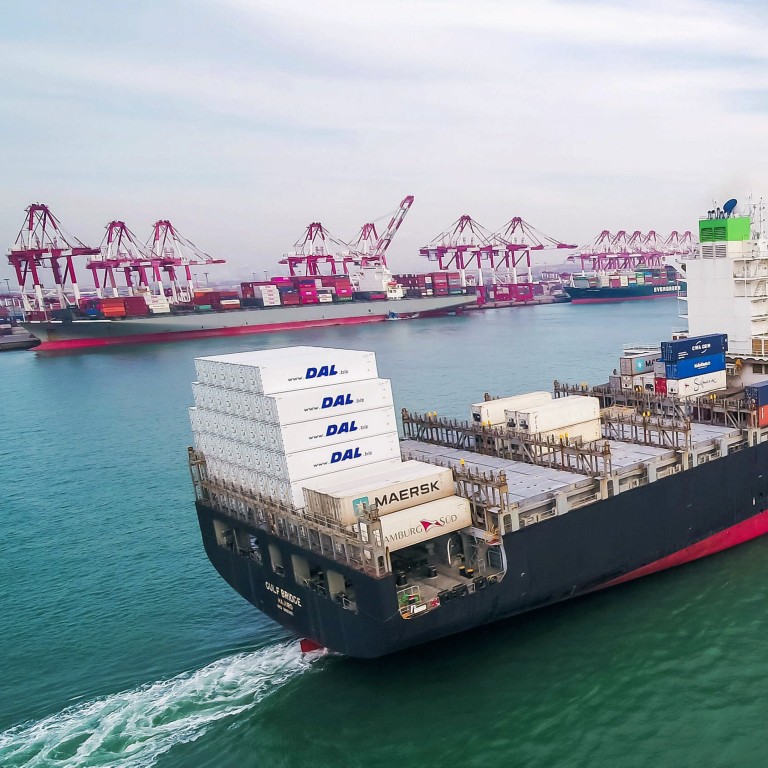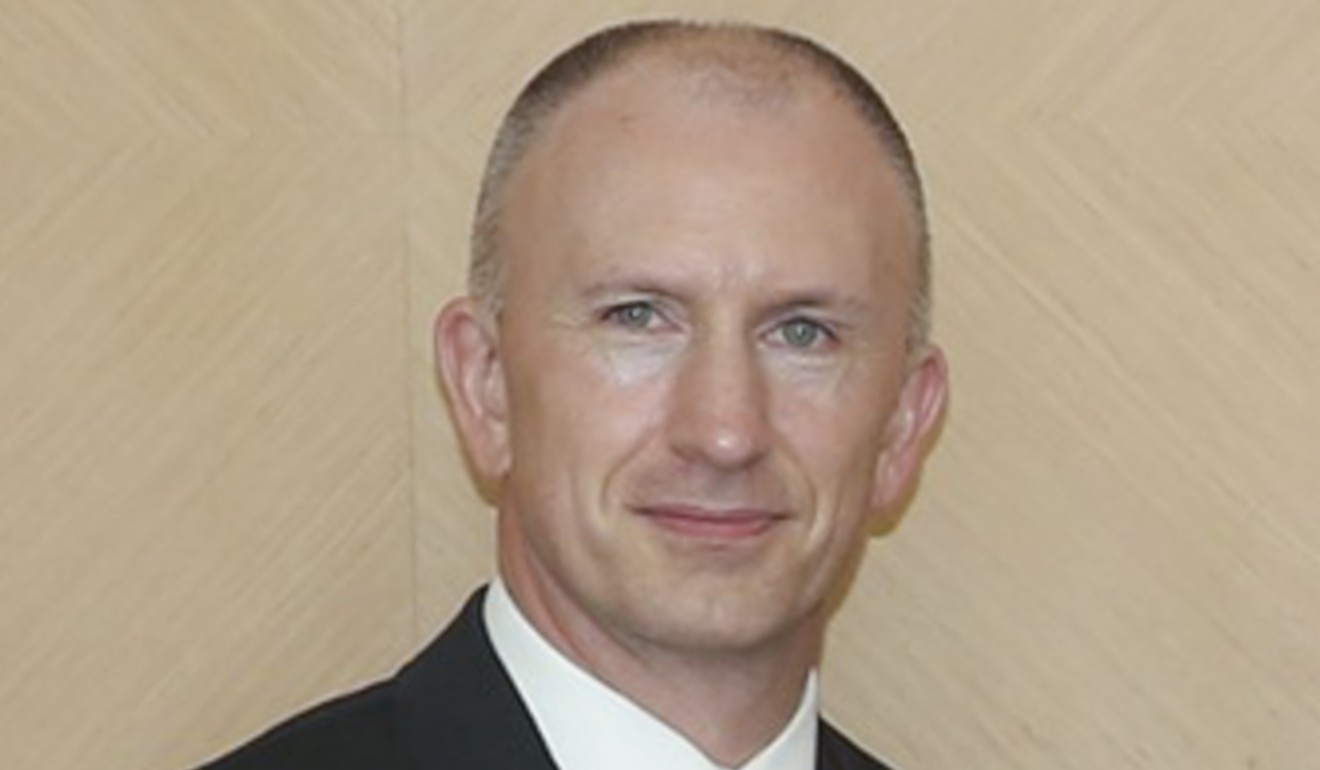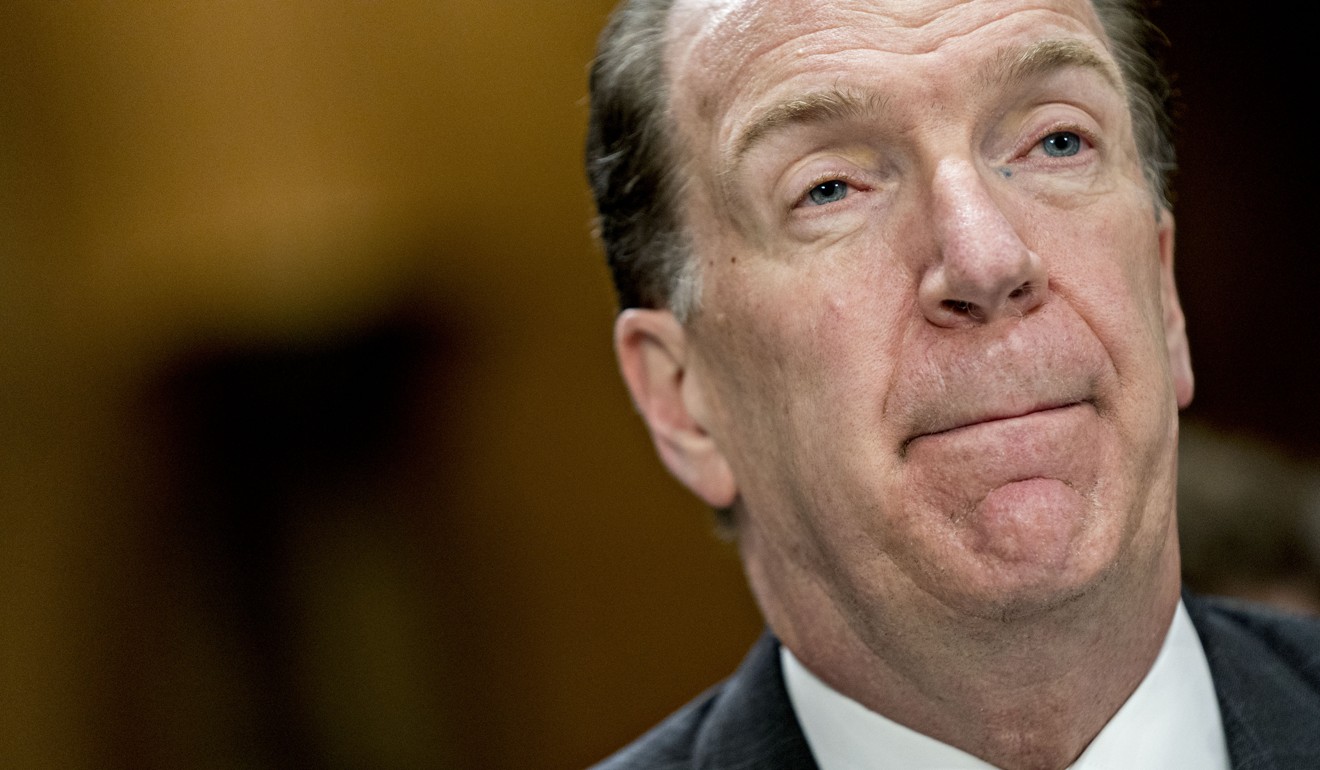
China to host US trade talks in Beijing in early January
- First face-to-face meeting since US President Donald Trump and Chinese counterpart Xi Jinping agreed 90-day truce on December 1 in Argentina at G20 summit
- Deputy US trade representative Jeffrey Gerrish will lead the American team, joined by Treasury Under Secretary for International Affairs David Malpass
A United States government delegation will travel to Beijing in the second week of January to hold trade talks with Chinese officials, two people familiar with the matter said.
Deputy US trade representative Jeffrey Gerrish will lead the Trump administration’s team, which will also include Treasury Under Secretary for International Affairs David Malpass, according to the people, who spoke on the condition of anonymity.
Neither the Office of the United States Trade Representative (USTR) nor Treasury responded to requests for comment.
Gao Feng, spokesman at the commerce ministry, confirmed to reporters in Beijing on Thursday that the two sides are planning to hold face-to-face negotiations next month and that consultations through "intensive" telephone calls would continue in the meantime.
"Even as the US side is in the Christmas holiday period, China and US economic and trade teams have been in close communication, and the consultations are progressing in an orderly manner as scheduled," said Gao, who declined to confirm any specific dates.

Next month’s meeting will be the first face-to-face discussion the two sides have held since President Donald Trump and China’s Xi Jinping agreed on a 90-day truce in Argentina on December 1.
US Treasury Secretary Steven Mnuchin said last week the US team and its counterparts have held discussions over the phone.
The meeting adds to signs that the world’s two largest economies are making progress in cooling trade tensions.
US stocks extended gains on news of the talks with The Standard & Poor's 500 Index rising 4.96 per cent as of 4pm in New York, after falling within two points of a bear market earlier in the session.
Trump has agreed to put on hold a scheduled increase in tariffs on some US$200 billion in annual imports from China while the negotiations take place.
He is pushing China to reduce trade barriers and stop alleged theft of intellectual property.

While it is positive that USTR will be leading the delegation next month, the two sides are not on track to make the kind of large-scale breakthrough that the Trump administration is seeking, according to Derek Scissors, a China expert at the American Enterprise Institute.
“The failure of cabinet-level officials to even meet in the first half of the 90-day period makes it impossible to anticipate fundamental change on the Chinese side,” he said.
Trump said after returning from his South American meeting with Xi that US trade representative Robert Lighthizer would be in charge of the China talks.
Lighthizer, who is not expected to join the delegation in China in January, left no wiggle room for the two countries to extend talks beyond 90 days, saying this month that March 1 was a “hard deadline” that had been endorsed by Trump.
“When I talk to the president of the United States he is not talking about going beyond March. He is talking about getting a deal if there is a deal to be done in the next 90 days,” Lighthizer told CBS on December 9.
But Trump and other members of his trade team, including National Economic Council director Larry Kudlow, have said they could further delay an escalation in tariffs if the two sides made sufficient progress.
Additional reporting by Reuters

